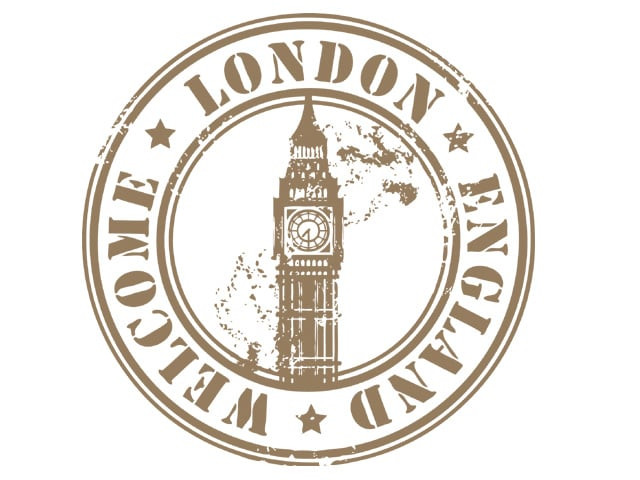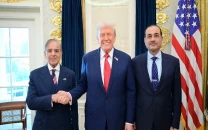Britons hate bankers like Pakistanis do politicians
This year England is far from the best of times; each week has brought depressing news about details of budget cuts.

Britons hate bankers like Pakistanis do politicians
But this year England is far from the best of times. The Conservative government came to power promising budget cuts and since last month, when it announced 81 billion pounds worth of cuts over the next few years, each week has brought fresh depressing news about the details of those cuts.
Last week was no exception. Changes to welfare benefits were announced that could see the poor forced to leave their homes in London with critics predicting hardship and social unrest. The unemployed must now face measures the government likes to call ‘carrots and sticks’ but which most would accept are essentially sticks. Although students took a breather from protesting against the possible tripling of university tuition fees they are gathering forces for another round of protests next week.
Meanwhile, the institutions largely responsible for the budget deficit of some 156 billion are trying to work out how to carry on fiddling while Rome burns (or freezes might be more appropriate). People hate bankers in this country with the vitriol we reserve for politicians and military dictators. And it’s hardly surprising. As thousands lose their jobs because of cutbacks to pay for their bailout, banks are planning to pay out 7 billion to their staff in bonuses this year. The HSBC, mindful of the public outcry that follows news of massive bonuses, have decided to simply double the salaries of many of their staff. Just how dumb do they think the public is?
Of course, PM Cameron and his crew live in a different world. Oblivious to the pall of gloom that has settled on much of the country the government has announced plans to start measuring our ‘happiness’. The happiness index will then be used to guide policy making instead of relying on out dated indicators of progress such as the GDP. Aside from the obvious difficulties of measuring something as nebulous as ‘happiness’ many have pointed out the simple truth that the government can either cut the budget deficit or make people happier.
News of the upcoming marriage of Prince William and his long term girlfriend Kate Middleton is supposed to bring a smile to our faces. The BBC’s breakfast team asked their viewers to phone in their state of ‘happiness’ a day before the royal announcement and the average score was 5.39 out of 10. The following day, after news of the engagement was flashed on our screens, this had apparently gone up to 7.04. Just what this says both for the accuracy of the happiness index and for the IQ of BBC breakfast viewers I’m not sure.
One can’t help but think that the happiest people will be those in the media who will be relieved of the burden of finding real stories to report until the wedding is finally over. Most absurd ‘report’ so far: William reveals that he popped the question a month ago, at which time it appears the couple were on holiday in Kenya. Cut to a correspondent standing in the dark in Mombassa saying that they could only speculate as to the exact spot on which the Prince proposed.
There was mixed news from both sides of the Atlantic on Guantanamo Bay detainees. On the one hand, it was satisfying that the British government agreed to pay ‘millions of pounds’ in compensation to former Guantanamo Bay detainees in an out of court settlement, a tacit admission of its role in the ‘rendition’ of suspects and their subsequent torture. On the other hand this meant that documents that would have revealed in court the true extent of the UK’s involvement will never come to light. Those detainees understood to be in line for settlements include Binyam Mohamed, Bisher al-Rawi, Jamil el-Banna, Richard Belmar, Omar Deghayes, Moazzam Begg and Martin Mubanga.
Across the pond, in a heartening assertion of the rule of law, the first Guantanamo Bay prisoner to be tried in American civil courts Ahmed Ghailani was convicted of only 1 out of 286 terrorism charges. Unfortunately now President Obama will be under even greater pressure not to close down the notorious facility.
Published in The Express Tribune, November 22nd, 2010.



















COMMENTS
Comments are moderated and generally will be posted if they are on-topic and not abusive.
For more information, please see our Comments FAQ